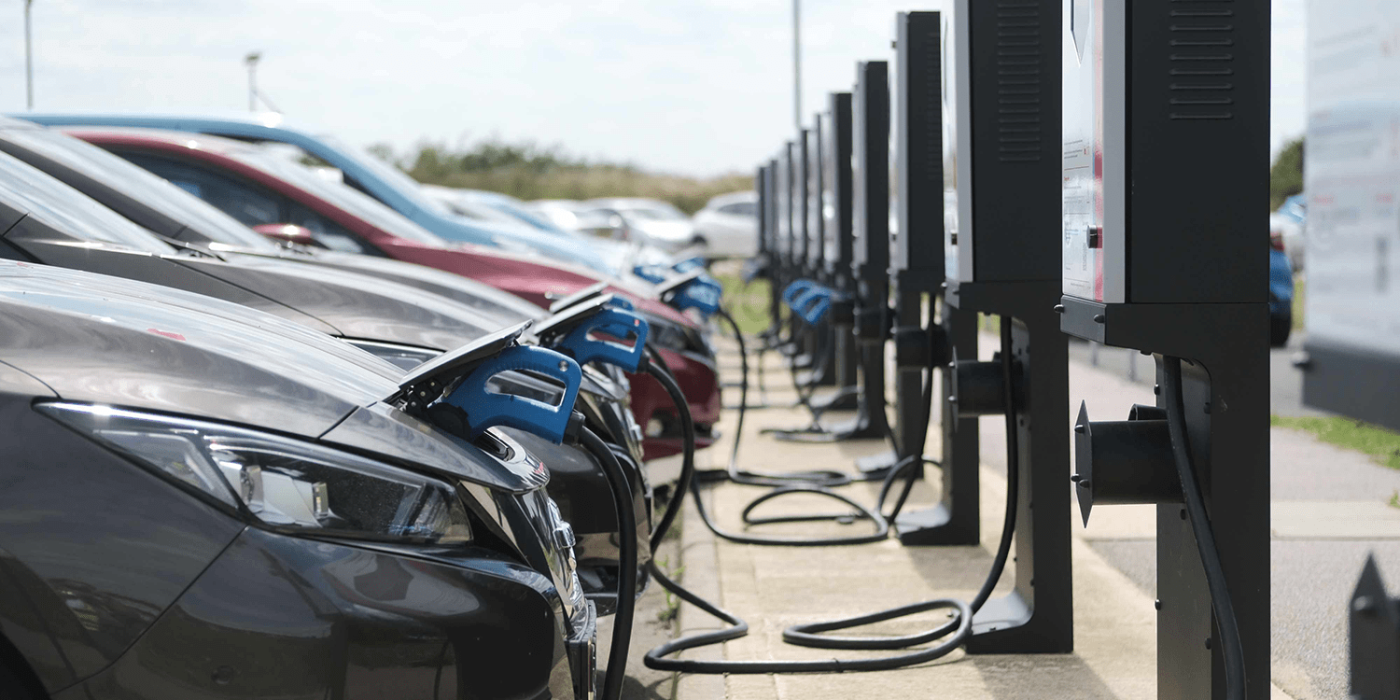UK legislation will require new buildings to have smart EV chargepoints
If pending UK legislation becomes law, all new home construction will include EV charging installations. New office buildings are part of the plan, too: they will need to provide charging infrastructure per every five parking spaces, and, the government wants it to be smart.
An online consultation was launched in 2019 when the British government first laid out the plans. Department for Transport Minister Rachel Maclean, when putting the law back on the agenda again this week, said the UK government intended to lay legislation later this year. The new law would take hold starting in 2022.
All new residential and non-residential buildings would then have to include infrastructure requirements for electric vehicle charge points so that these may be added at any point. Existing non-residential buildings would be required to install electric vehicle charge points. The DfT expects this to accelerate the rate of installations from around 500 charging point installations per month up to around 700.
Minister MacLean also confirmed the government’s intention to mandate that home and workplace electric vehicle chargers must be capable of “smart charging”. However, the final response to the consultation and, therefore, the likely legislation has yet to be published.
While requirements such as new buildings being EV ready are not new – California and Germany are examples – the requirement for charge points to be smart is fairly forward-looking. The DfT, in another consultation in 2019 to which it already published a response, stressed the requirements for a smart charger to prevent grid overload and encourage charging at off-peak times through bi-directional communications. Chargepoints must also measure the electricity consumed and adhere to the existing cyber security standard, ETSI EN 303 645, among other things. The legislation will likely come in this autumn, too and be enforced from 2022.
New policy complements existing infrastructure schemes
Since the UK opted to phase out fossil-fuel vehicle sales starting in 2030, charging infrastructure has been integral to the agenda. Westminster had extended funding for existing on-street, home and workplace charging programmes in February so that the allocated budget now totals 70 million pounds for all three schemes (ORCS, EVHS, WCS).
The EV Homecharge Scheme provides up to £350 towards a charge point and will continue in 2022 and be expanded to target people in rented and leasehold accommodation. Simultaneously, the DfT opened up the Workplace Charging Scheme (WCS) to small to medium enterprises and the charity sector. The changes will also mean that small accommodation businesses, such as B&Bs, can benefit from the funding.
Whether there will be funding for making new buildings EV ready has not been disclosed.
cleantechnica.com, gov.uk (building legislation), gov.uk (smart charging requirements, gov’ response), gov.uk (EV8 app)


0 Comments